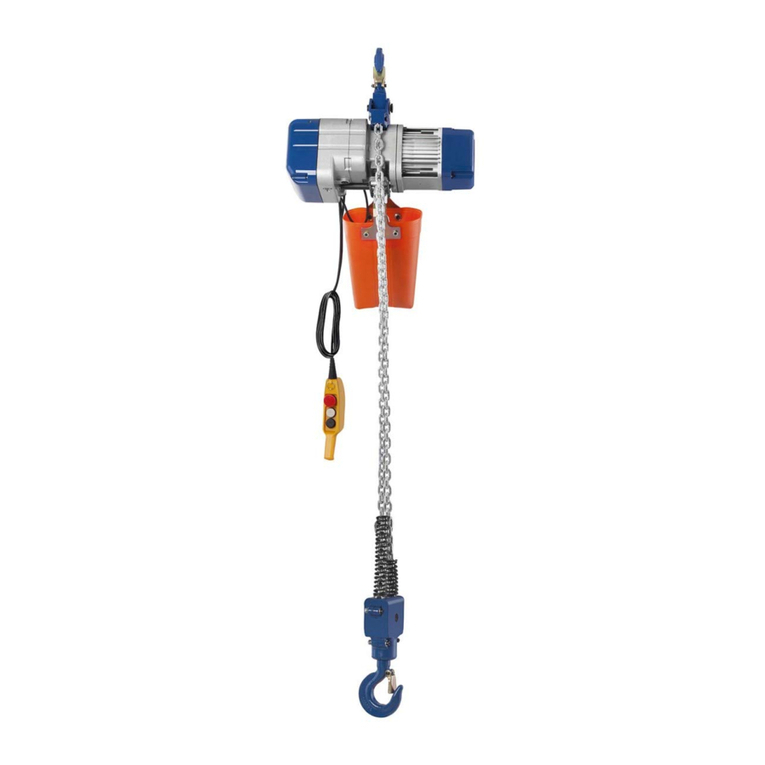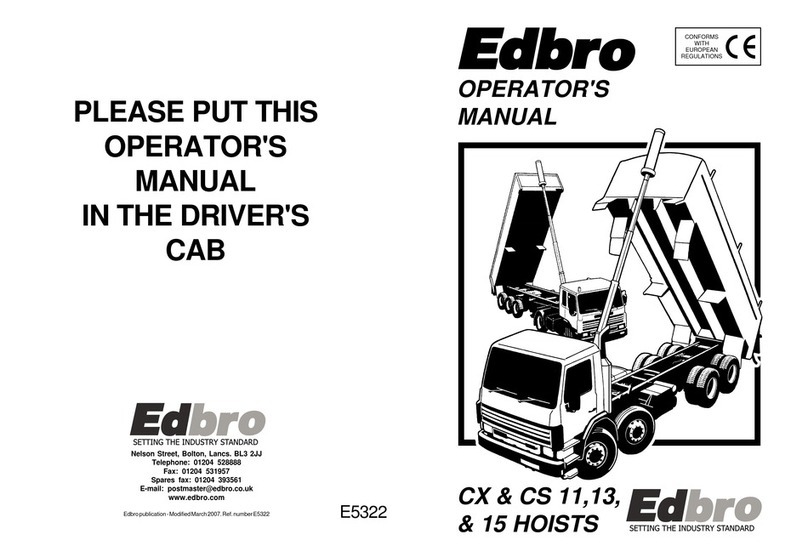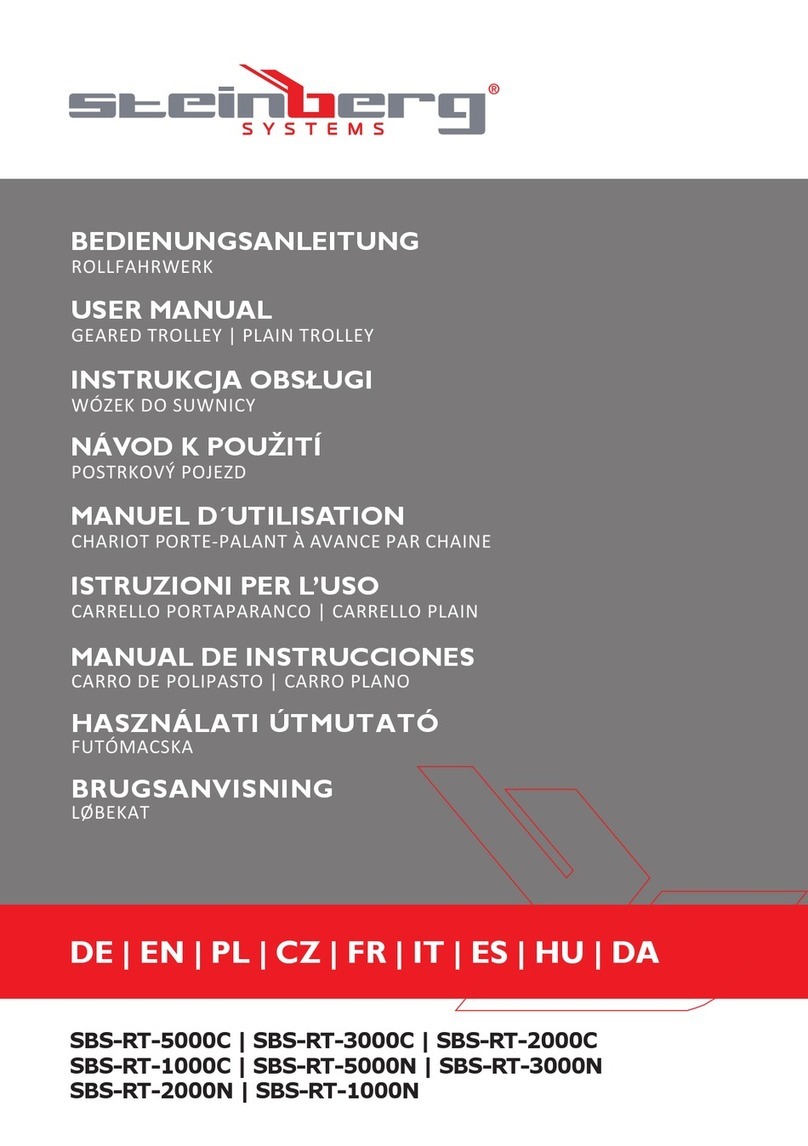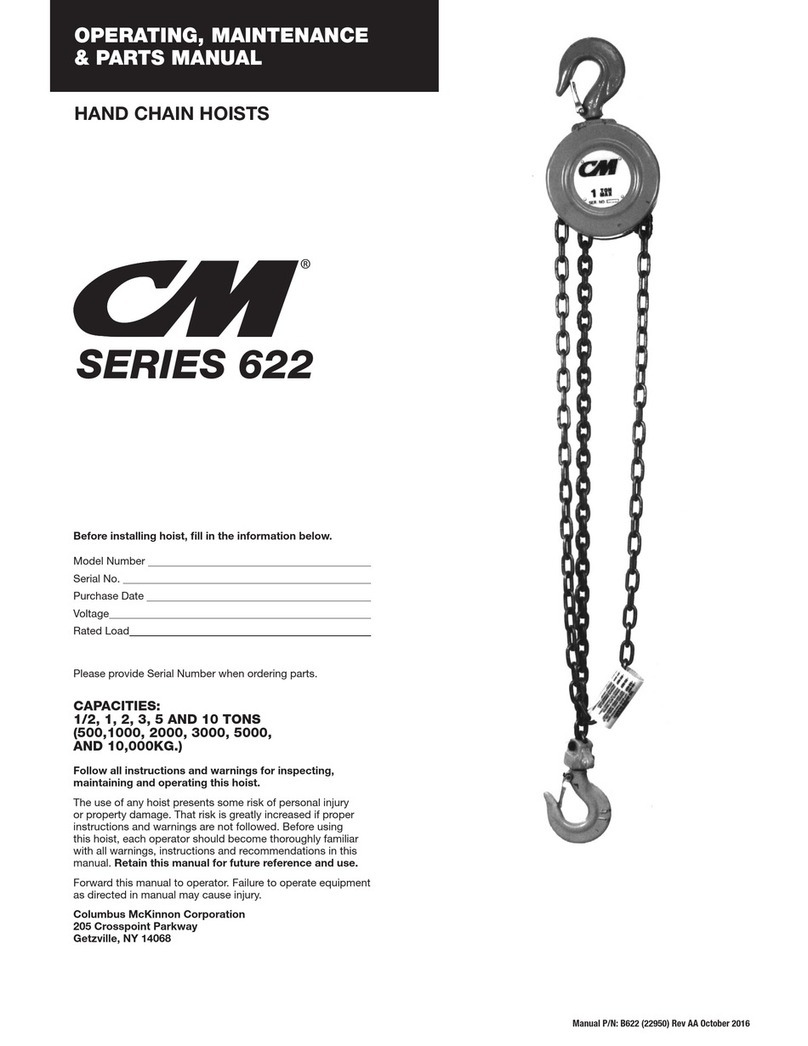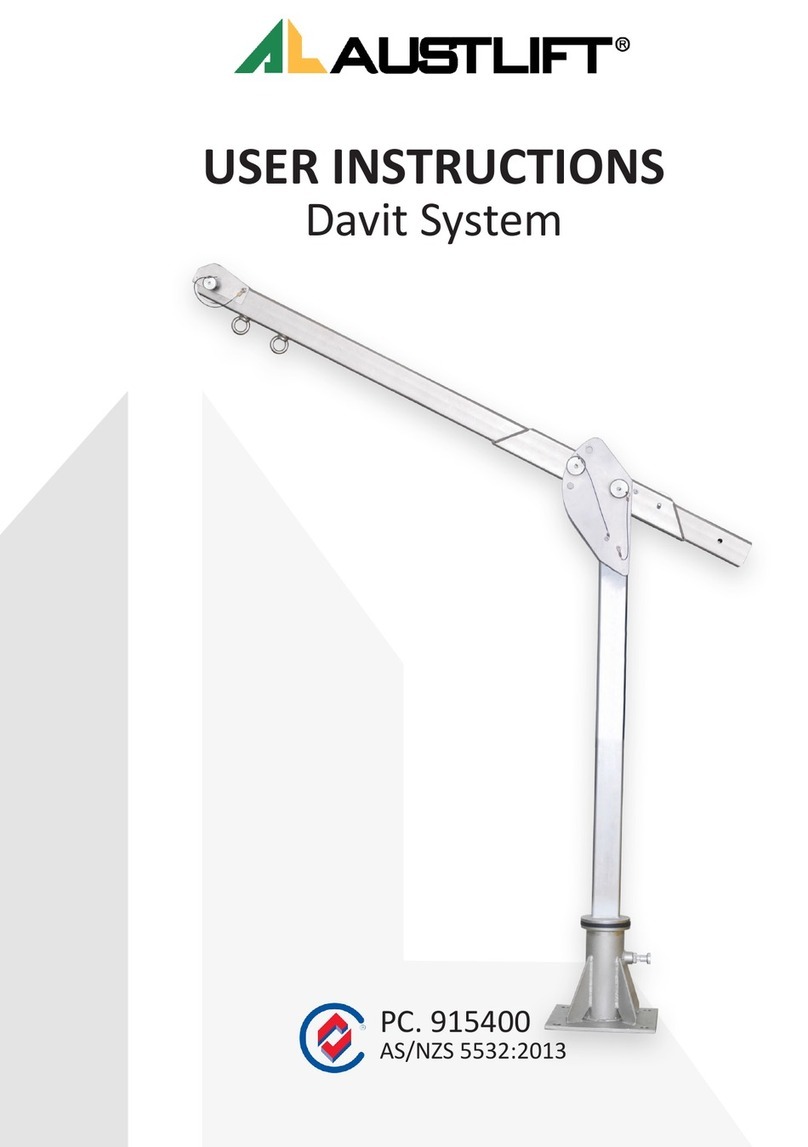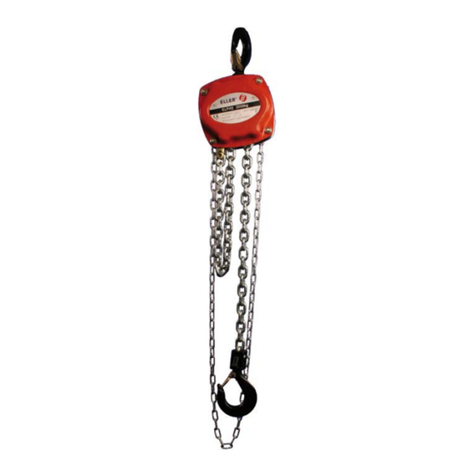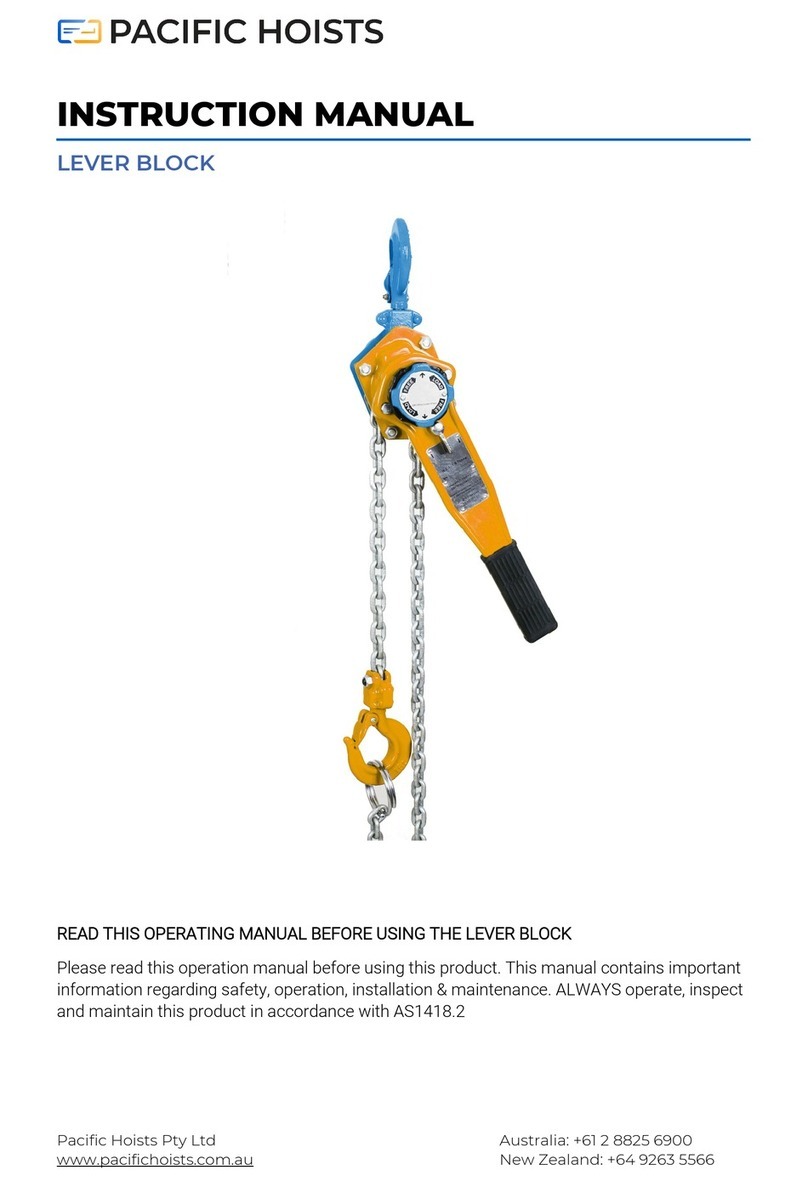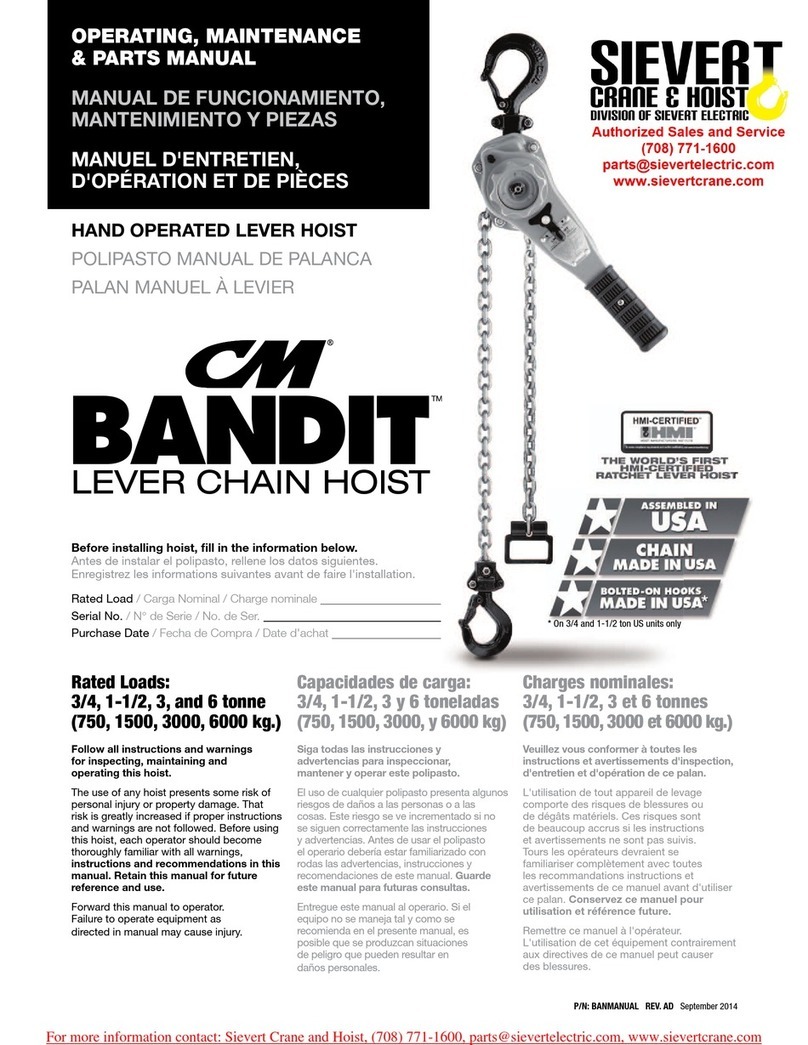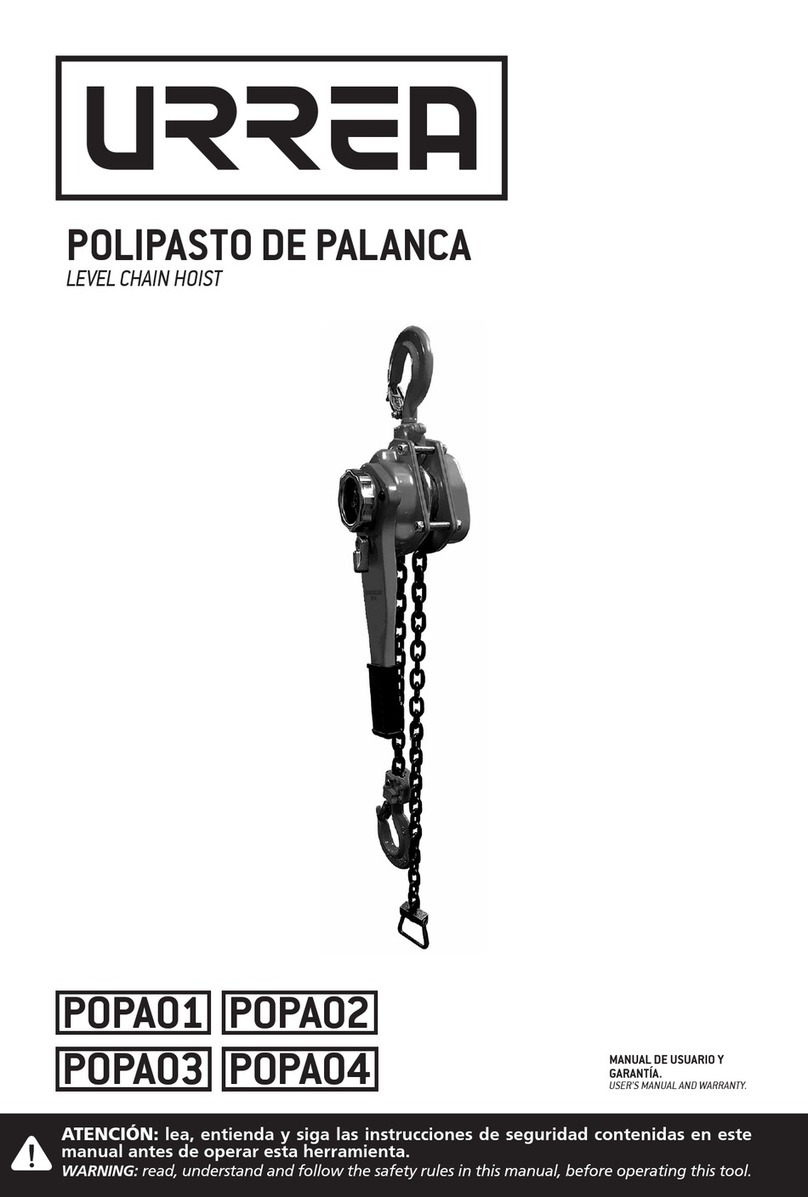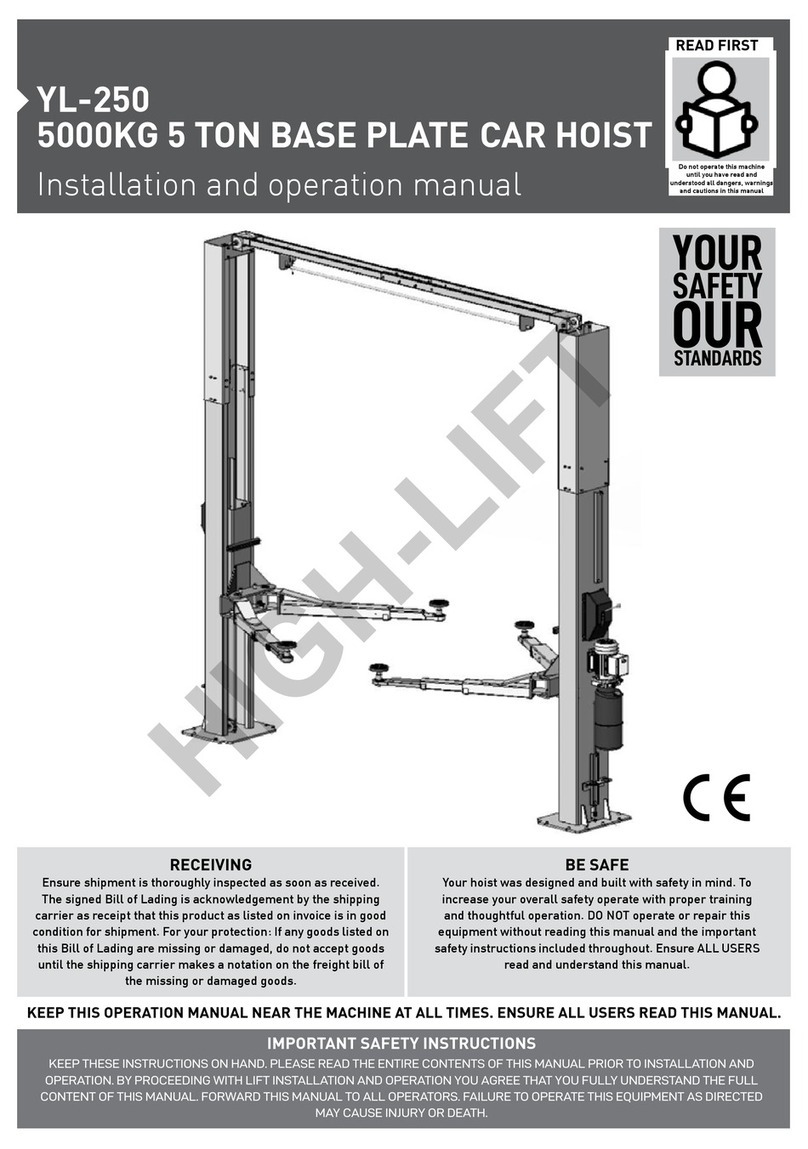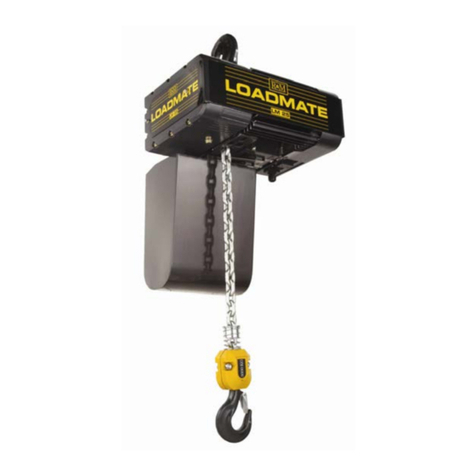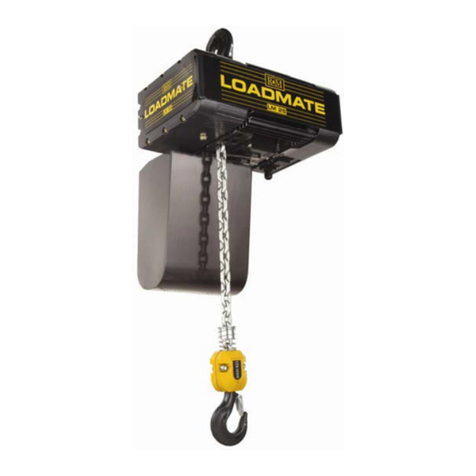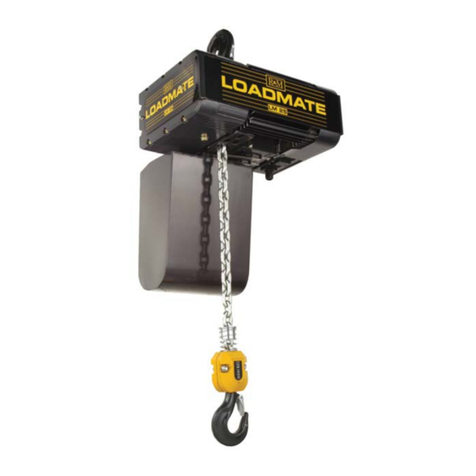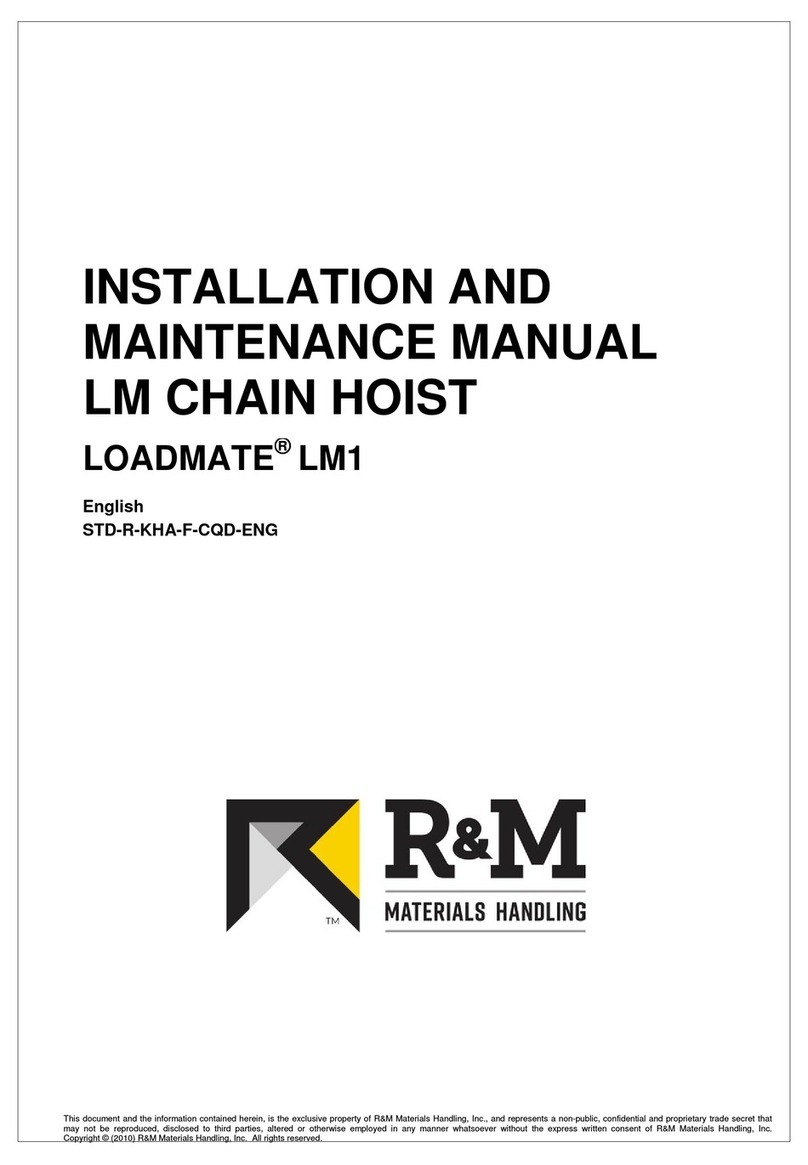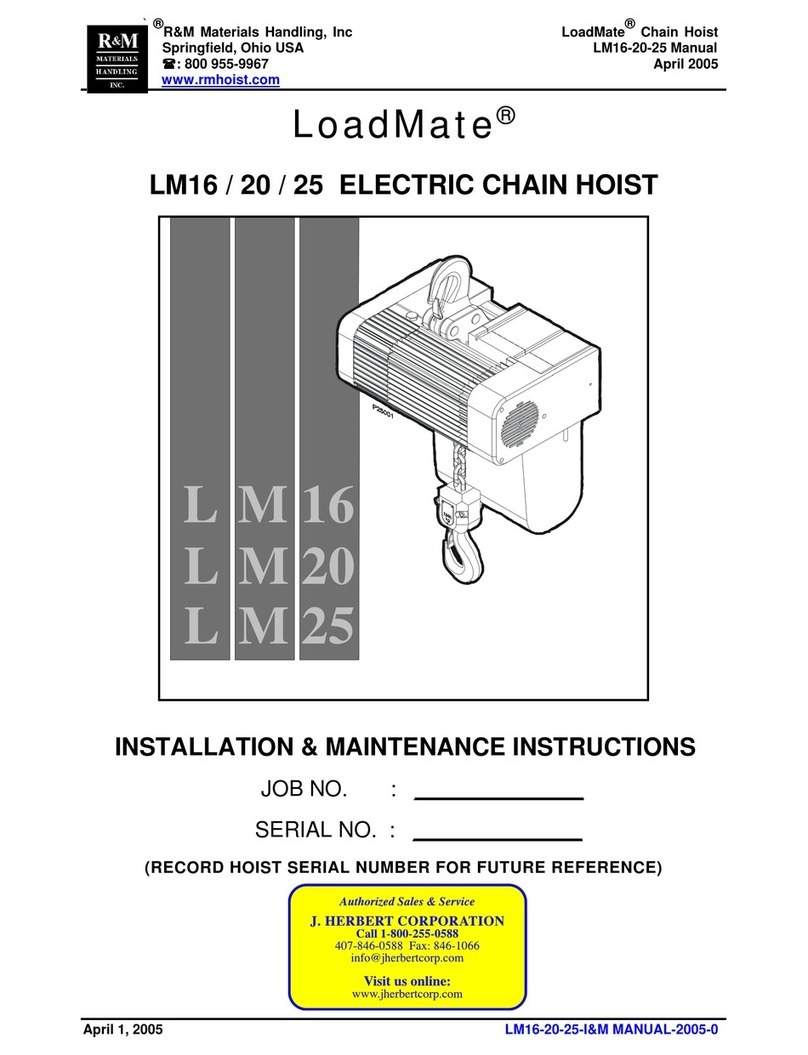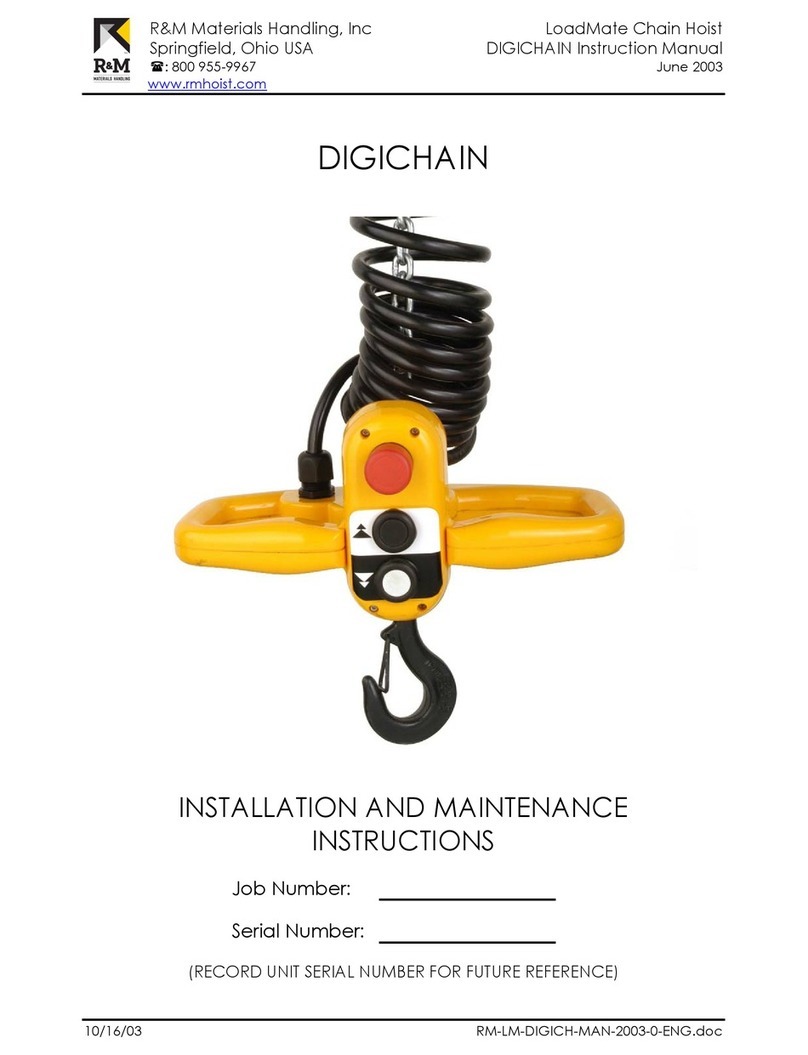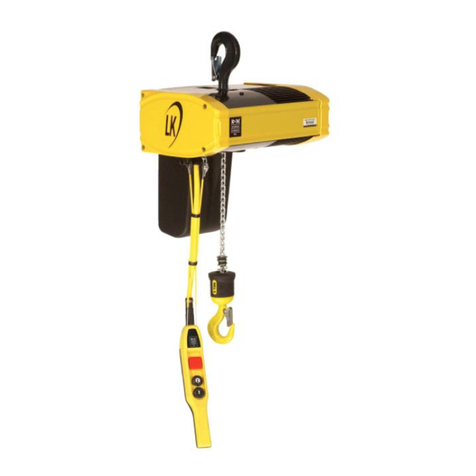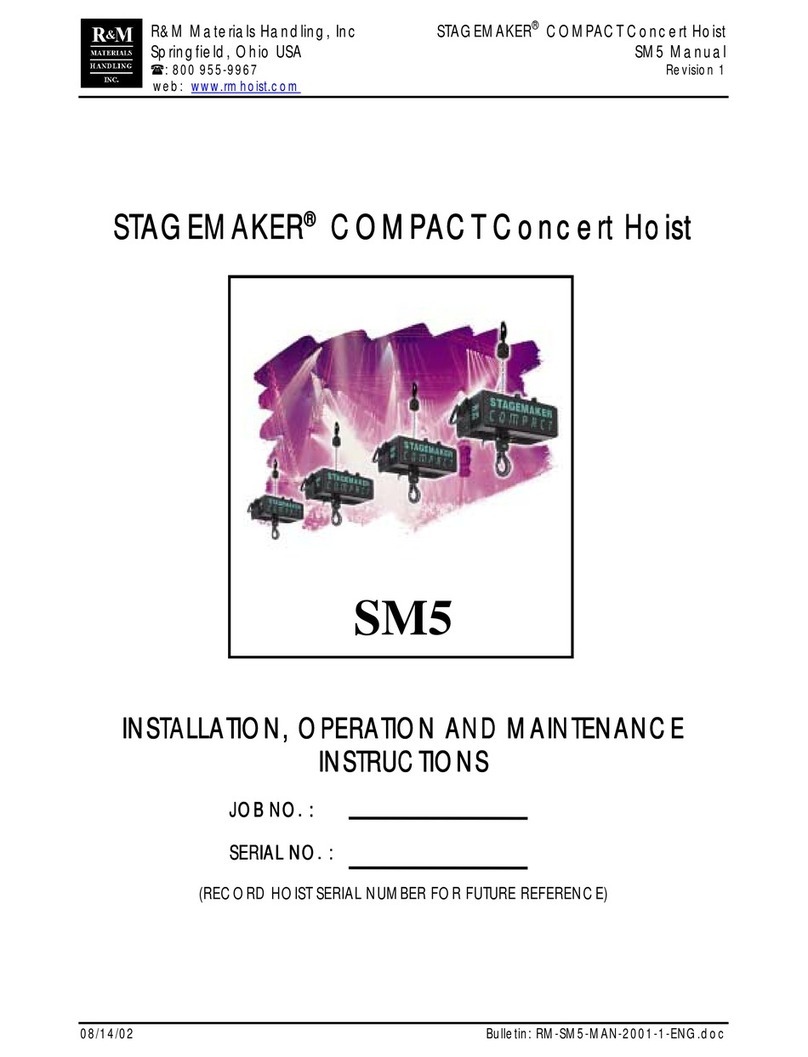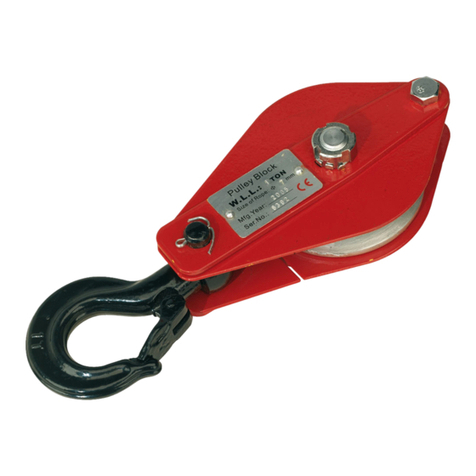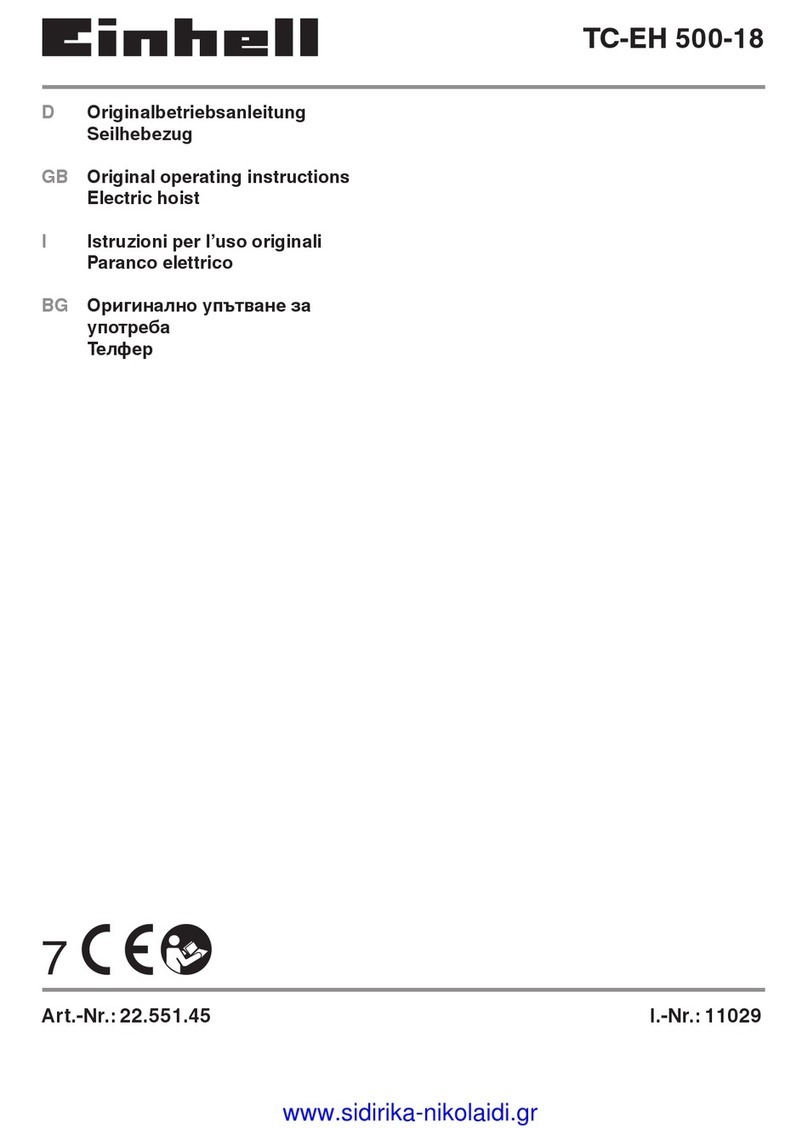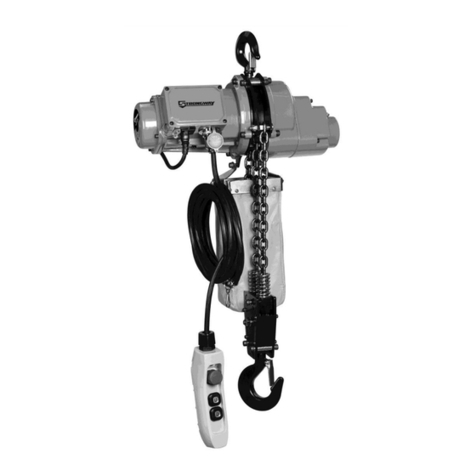
LM16-20-25 I&M MANUAL/EN/11.30.2010
3/73
This document and the information contained herein, is the exclusive property of R&M Materials Handling, Inc., and represents a non-public, confidential and proprietary trade secret that
may not be reproduced, disclosed to third parties, altered or otherwise employed in any manner whatsoever without the express written consent of R&M Materials Handling, Inc.
Copyright © (2010) R&M Materials Handling, Inc. All rights reserved.
mCAUTION: Read the instructions supplied with the product before installation and
commissioning.
mCAUTION: Keep the instructions in a safe place for future reference.
Table of contents
1 INTRODUCTION ........................................................................................................................................ 5
1.1 Contact Information .............................................................................................................................. 5
1.2 Warranty ............................................................................................................................................... 5
1.3 Disclaimer ............................................................................................................................................. 5
1.4 Safety.................................................................................................................................................... 6
1.5 Placards and Instructions ..................................................................................................................... 8
2 INSTALLATION ......................................................................................................................................... 9
2.1 General ................................................................................................................................................. 9
2.2 Chain Container Installation ................................................................................................................. 9
2.3 Lubrication ............................................................................................................................................ 9
2.4 Mounting ............................................................................................................................................. 10
2.5 Load Hook Throat Opening ................................................................................................................ 10
2.6 Electrical Connection .......................................................................................................................... 11
2.7 Three Phase Power Connections....................................................................................................... 12
3 INITIAL START-UP.................................................................................................................................. 13
3.1 General ............................................................................................................................................... 13
3.2 Correcting the Direction of Hook Travel ............................................................................................. 13
3.3 Operational Checks – No Load .......................................................................................................... 14
3.4 Operational Checks – With Load........................................................................................................ 14
4 HOIST OPERATION ................................................................................................................................ 15
5 SWIVEL TROLLEY .................................................................................................................................. 16
5.1 Description – Technical Characteristics (swiveling trolley to 3.2 tons)............................................... 16
5.1.1 Technical Characteristics........................................................................................................... 16
5.2 Installation of Swivel Trolley ............................................................................................................... 17
5.3 Electric Swivel Trolley......................................................................................................................... 18
5.3.1 Swiveling trolley (3.2 tons) ......................................................................................................... 19
5.3.2 Swiveling trolley (3.2 to 5.0 tons) (NOT LOCALLY AVAILABLE) .............................................. 19
5.3.3 Procedure to adjust swivel trolley guide rollers.......................................................................... 20
6 MAINTENANCE ....................................................................................................................................... 21
6.1 Basic Hoist Construction .................................................................................................................... 21
6.2 Hoist Motor and Brake Assembly ....................................................................................................... 22
6.2.1 Replacement Criteria for Motor Brakes ..................................................................................... 25
6.3 Torque Limiter (Refer to Figure 11) .................................................................................................... 27
6.4 Load Chain ......................................................................................................................................... 28
6.5 Maintenance Inspection...................................................................................................................... 28
6.6 Load Chain Specifications (see Figure 12) ........................................................................................ 30
6.7 Removing the Load Chain .................................................................................................................. 30
6.8 Installing the Load Chain .................................................................................................................... 31
6.9 Fall Stop Assembly (Refer to Figure 14) ............................................................................................ 33
6.10 Chain Container ............................................................................................................................. 34
6.11 Upper and Lower Travel Safety Limit Switch ................................................................................. 35
6.12 Upper and Lower Rotary Travel Limit Switch................................................................................. 36
6.13 Hooks ............................................................................................................................................. 37
6.14 Hook Inspection.............................................................................................................................. 38
6.15 Hook Dimensions ........................................................................................................................... 39
6.16 Top Hook ........................................................................................................................................ 40
6.17 Controls .......................................................................................................................................... 41
R&M Materials Handling, Inc. | 4501 Gateway Boulevard, Springfield, Ohio 45502 | PH: 1-937-525-5100 | FAX: 1-937-325-5319




















